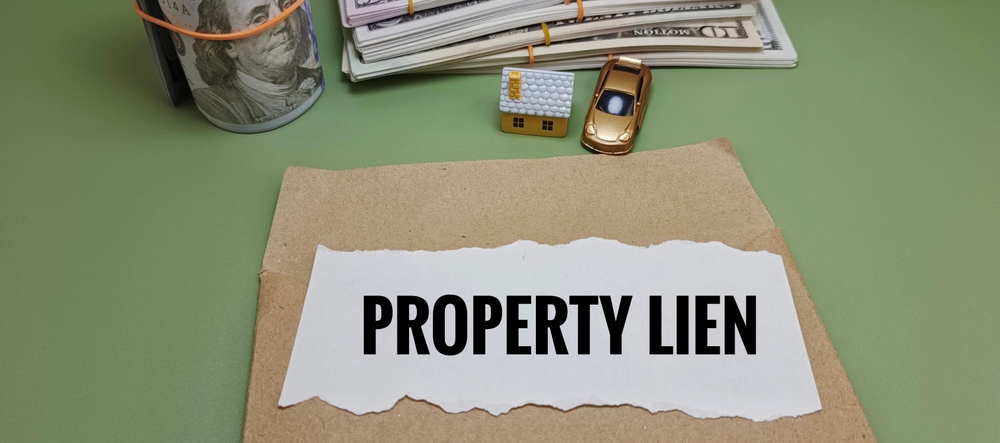

Ensuring you get paid for your hard work and materials is the most critical part of any construction project. When payments are delayed or disputed, it can put a significant strain on your business. In Wisconsin, a construction lien is a powerful tool that secures your right to payment by placing a claim on the property you improved. However, the process has strict deadlines and specific requirements.
This guide will walk you through the essential steps to file a lien in Wisconsin. We will cover everything from preliminary notices and filing deadlines to what happens after your lien is recorded, helping you protect your financial interests effectively.
Before you can file a lien, Wisconsin law requires you to send a preliminary notice. The type of notice and its deadline depend on your relationship with the property owner. Missing this crucial first step can invalidate your lien rights down the road.
Working with experienced mechanic’s liens attorneys can help ensure your preliminary notices are properly prepared and delivered on time.
If you have a direct contract with the property owner, you must provide them with a “Notice of Lien Rights” within 10 days of the first labor or materials being furnished. This notice informs the owner of your right to file a lien if you are not paid.
For convenience, Wisconsin lien law allows you to include this notice directly within your written contract with the owner. Placing it in the contract ensures the owner receives it at the start of the project and that you have met your legal obligation.
If you are a subcontractor, material supplier, or anyone else not hired directly by the property owner, the notice requirements are different. You must send a preliminary notice to the property owner within 60 days of the first day you provide labor or materials to the project.
This notice must be sent to the owner’s last known address. It is wise to use a delivery method that provides proof of receipt, such as certified mail, to document your compliance with this deadline.
Once you have met the preliminary notice requirements, you can proceed with filing the lien if payment issues arise. The timeline is strict, so paying close attention to the deadlines is essential.
Before you can file the actual lien, you must first send the property owner a “Notice of Intent to Lien.” This notice must be sent at least 30 days before you file your lien claim with the clerk of court. This serves as a final warning to the owner, giving them an opportunity to resolve the payment issue before a lien is officially placed on their property.
Your Claim for Lien must be filed within six months of the last day you provided labor or materials to the project. It is crucial not to confuse this with the project’s completion date; the deadline is tied specifically to your last day of work. The lien must be filed with the clerk of the circuit court in the county where the property is located.
Wisconsin law offers a significant advantage to material suppliers. You do not need to prove that your materials were physically incorporated into the building or improvement. You only need to prove that the materials were delivered to the job site. This simplifies the process, as you won’t need to track every single item after it has been delivered.
When you file your Claim for Lien, it must contain specific information to be considered valid. Omitting any of these details could jeopardize your claim. Your filing must include:
Most importantly, you must attach a copy of the preliminary notice you sent to the owner at the beginning of the project. Failure to include this notice with your lien filing can render your lien unenforceable.
Filing the lien is not the final step. There are additional requirements to ensure your lien remains valid and to enforce your right to payment.
Within 30 days of filing your Claim for Lien with the clerk of court, you must serve a copy of the lien on the property owner. This ensures the owner is formally notified that a lien has been officially recorded against their property. Again, using a trackable delivery method is a best practice.
A construction lien in Wisconsin is valid for two years from the date it is filed. If you have not been paid within this period, you must take legal action to enforce, or “foreclose,” on the lien. This involves filing a summons and complaint with the court.
If you do not file a lawsuit to enforce the lien within the two-year window, the lien will expire and become unenforceable. You will lose your security interest in the property and may have to pursue payment through other, often more difficult, legal avenues.
If you’re facing payment delays, our construction debt collection services can help you explore all available options to recover what you’re owed.
Yes. If you are successful in your lawsuit to foreclose on the lien, Wisconsin law allows you to recover your attorney fees and the costs associated with filing the suit. This provision helps offset the expense of taking legal action, making it more feasible for contractors and suppliers to pursue the payment they are rightfully owed.
Filing a construction lien in Wisconsin involves a series of detailed steps and strict deadlines. A simple mistake can put your payment at risk. If you have questions about the process or need assistance filing or enforcing a lien, it is best to seek experienced legal guidance.
The construction attorneys at The Cromeens Law Firm are here to help you navigate the complexities of Wisconsin lien law. Contact us today to ensure your rights are protected and you get paid for your work.
Karalynn Cromeens is the Owner and Managing Partner of The Cromeens Law Firm, PLLC, with over 17 years of experience in construction, real estate, and business law. A published author and passionate advocate for contractors, she has dedicated her career to protecting the businesses her clients have built. Karalynn is on a mission to educate subcontractors on their legal rights, which inspired her books Quit Getting Screwed and Quit Getting Stiffed, as well as her podcast and The Subcontractor Institute.

